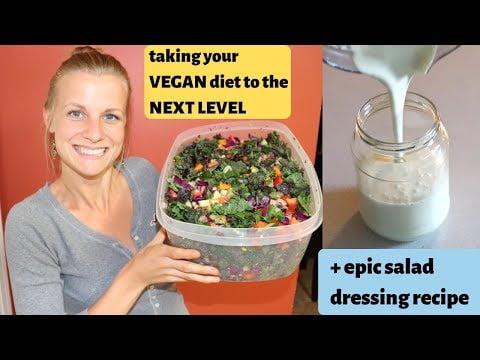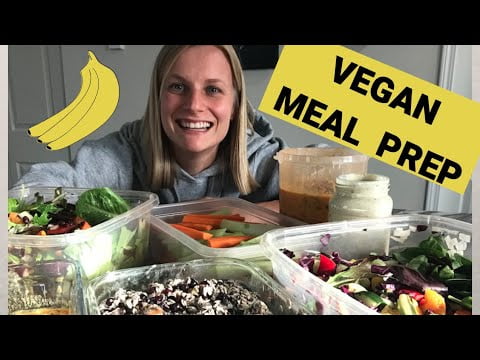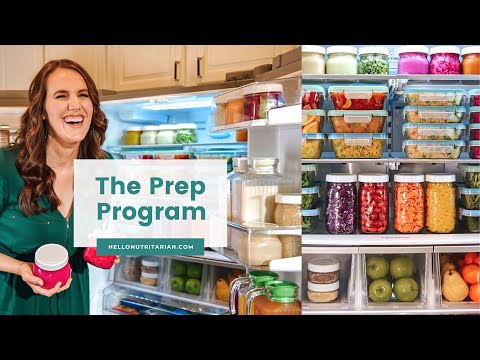The Best Change I Made To My Vegan Diet Nutritarian Tips
As a long-time vegan, I have always prided myself on eating a healthy and nutritionally sound diet. However, it wasn’t until recently that I started to embrace the Nutritarian lifestyle. A Nutritarian diet focuses on maximizing nutrient density and minimizing calorie consumption in order to optimize health and wellbeing. Here are some of the best tips that I’ve adopted as part of my vegan Nutritarian diet:
Eat a Rainbow of Fruits and Vegetables
A cornerstone of the Nutritarian diet is to fill your plate with an array of colorful fruits and vegetables every day. This will ensure that you’re getting all the essential vitamins, minerals, and antioxidants your body needs for optimal health. Aim for at least half your plate to be filled with plant foods at each meal, like leafy greens, mushrooms, peppers and tomatoes.
Incorporate High Quality Plant Based Proteins
High quality plant-based proteins should also be included in your vegan Nutritarian diet. Legumes such as lentils and beans are excellent sources of complete proteins. Nuts like almonds can provide protein as well as healthy fats for energy and maintaining cell integrity throughout the day. Other slightly processed forms like tempeh and seitan can also be beneficial when consumed in moderation alongside whole foods.
Limit Processed Foods
Processed vegan foods can be high in added sugars, preservatives, additives, excess salt, unhealthy fats etc., which can impede optimal health outcomes if consumed too frequently or in large quantities. Make sure you’re eating mostly fresh produce or minimally processed foods as part of your Nutritarian meal plan – this will help ensure that you’re getting only the highest quality nutrients from natural sources versus artificial ones found in packaged food products.
Add Healthy Fats To Your Meals
Extra virgin olive oil is a great source of healthy monounsaturated fat which can help protect against heart disease while aiding digestion at the same time Small amounts other oils like coconut or avocado oil may also be beneficial depending on individual preferences – but try not to deep fry food regardless! Flaxseeds are another great way to increase your healthy fatty intake – just one tablespoon contains nearly 2 grams of omega-3 fatty acids!
Incorporate Whole Grains Into Your Diet
Including whole grains into your daily meals is an important way to incorporate more nutrient-dense carbs into your vegan Nutritarian diet without significantly increasing calories – this can help keep blood sugar levels balanced throughout the day while providing fiber for digestion health. Quinoa and brown rice are great options for those looking for gluten free grains; oats are another easy option which can simply be cooked overnight with almond milk for a delicious breakfast treat!
In conclusion, following these tips has allowed me to make significant improvements to my vegan nutritarian diet over time since making these changes over two years ago! Eating a rainbow of fruits and vegetables daily while incorporating healthy plant based proteins along with limiting processed items will create an optimal vegetable based nutrition plan – ultimately creating an environment where optimal health opportunities exist!





